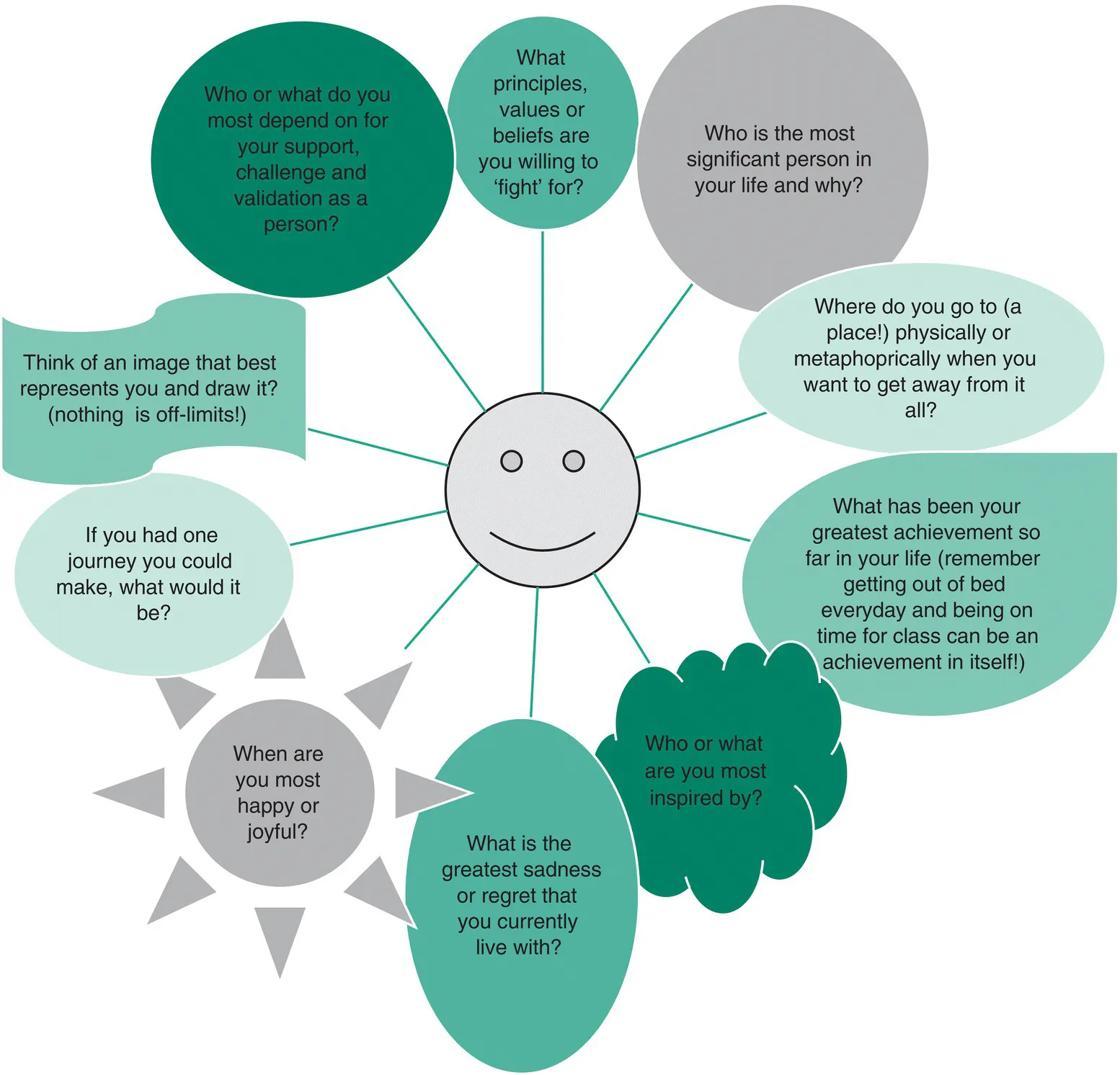
Fundamentals of Person-Centred Healthcare Practice
Brendan McCormack, Tanya McCance, Cathy Bulley, Donna Brown, Ailsa McMillan, Suzanne Martin, Brendan McCormack, Tanya McCance, Cathy Bulley, Donna Brown, Ailsa McMillan, Suzanne Martin
- English
- ePUB (mobile friendly)
- Available on iOS & Android
Fundamentals of Person-Centred Healthcare Practice
Brendan McCormack, Tanya McCance, Cathy Bulley, Donna Brown, Ailsa McMillan, Suzanne Martin, Brendan McCormack, Tanya McCance, Cathy Bulley, Donna Brown, Ailsa McMillan, Suzanne Martin
About This Book
Fundamentals of Person-Centred Healthcare Practice presents evidence-based perspectives on a broad range of approaches to person-centred practice in healthcare. Featuring contributions from internationally recognised experts in the field, this valuable textbook helps students and staff across healthcare disciplines understand the essential concepts of person-centred practice in various health-related contexts. Using the Person-centred Practice Framework—an innovative theoretical model based on more than two decades of research and practice—students develop a strong understanding of the different components of person-centredness, their connections and interactions, and how they can be implemented to promote positive healthcare experiences for care providers, service-users, and families.
Recognising the dynamic and complex nature of person-centredness, the text emphasises the importance of a common language and a shared understanding of person-centred practice in all areas of healthcare, from hospital and social care systems, to mental health, learning disability, and rehabilitation services. This practical and insightful introduction to the subject:
- Provides engaging, student-friendly coverage of the central principles and practice of person-centredness within a multi-professional and interdisciplinary context
- Features cases and examples of person-centred practice in curricula worldwide
- Includes activities designed to support person-centred practitioner development
- Discusses the future of person-centred facilitation, learning and practice
- Offers real-world guidance on providing a holistic approach to developing person-centred relationships that facilitate meaningful connections with others
Fundamentals of Person-Centred Healthcare Practice is an indispensable resource for nursing and allied health professionals, and an important reference work for educators, facilitators, supervisors and healthcare practitioners.
Frequently asked questions
Information
SECTION 1
The Person in Person‐Centred Practice
1
The person in person‐centred practice
Learning outcomes
- Develop insight into the meaning of ‘person’ in person‐centred practice.
- Distinguish the meaning of ‘person’ from other concepts such as individual or people.
- Be able to articulate a meaning of personhood and why this meaning is important in person‐centred practice.
- Identify and describe the challenges posed for healthcare practitioners when adopting different personhood perspectives
Introduction
Who am I?
Activity Who am I as a person?
